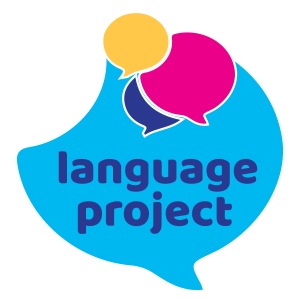The 3 most popular myths that answer your question regarding how long learning will take!
- “It takes years to learn a new language”
Maybe the most common answer we ever hear after asking this question. To make matters worse, no matter how many years that person means with this phrase, the other person always adds some more in his mind… and with all that…we certainly get to the number 7 or 8 years…exhausting even to think about it!
- “I can learn a new language in 6 months”
Such a seductive thought that never ceases to captivate the hopes of so many potential students, especially when it is used as an advertising moto by modern foreign language schools.
New books, new listening techniques and new ways to practice speaking promise immediate and complete knowledge and aptitude of the language we have decided to learn. So, learning a language in less than a year truly sounds amazing! Especially in a world where everything happens with the speed of light and we don’t have even a single second to go to waste!
- “ When you are young, you can learn a new language quickly”
One more of the most repeated phrases, particularly among adult students. Most of us are ready to believe that learning anything new, distinctly a new language, gets worse as we grow up. We often feel overwhelmed by our hectic lifestyle, we succumb to a potential memory impairment and we easily give up, sticking to the excuse that we need more time in order to learn something, just because we are older than other students.
So, really, how long will it actually take us?
The only correct answer here is: It depends!!!
The time we will need to learn a foreign language really well, to the point that we feel comfortable with it, depends on certain factors:
- a) Our daily life. Do we work? Study in University? Have a family? Have other hobbies? It is almost certain that when someone is an adult, the answer is yes to at least two of the above questions. It is logical that this will significantly diminish the time and the concentration we dedicate to learning.
- b) Necessity. Do we live in a country where this language is spoken? Does our job or a potential promotion depend on this language? Certainly, these are serious parameters that will place learning the foreign language as a primary goal, while setting aside others.
- c) Our commitment to our goal. Truly, it is not a matter of good memory, free time or age. Every student, either having a goldfish or an elephant’s memory, either being a minor or an adult, they will learn a foreign language in the quickest time possible, only if they put their heart into it. Then, both subconsciously and consciously a student will seek ways to improve, practice and will include the language into his daily routine. All this will undoubtedly lead to a faster and more profound learning of the new language compared to others.

